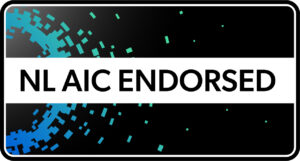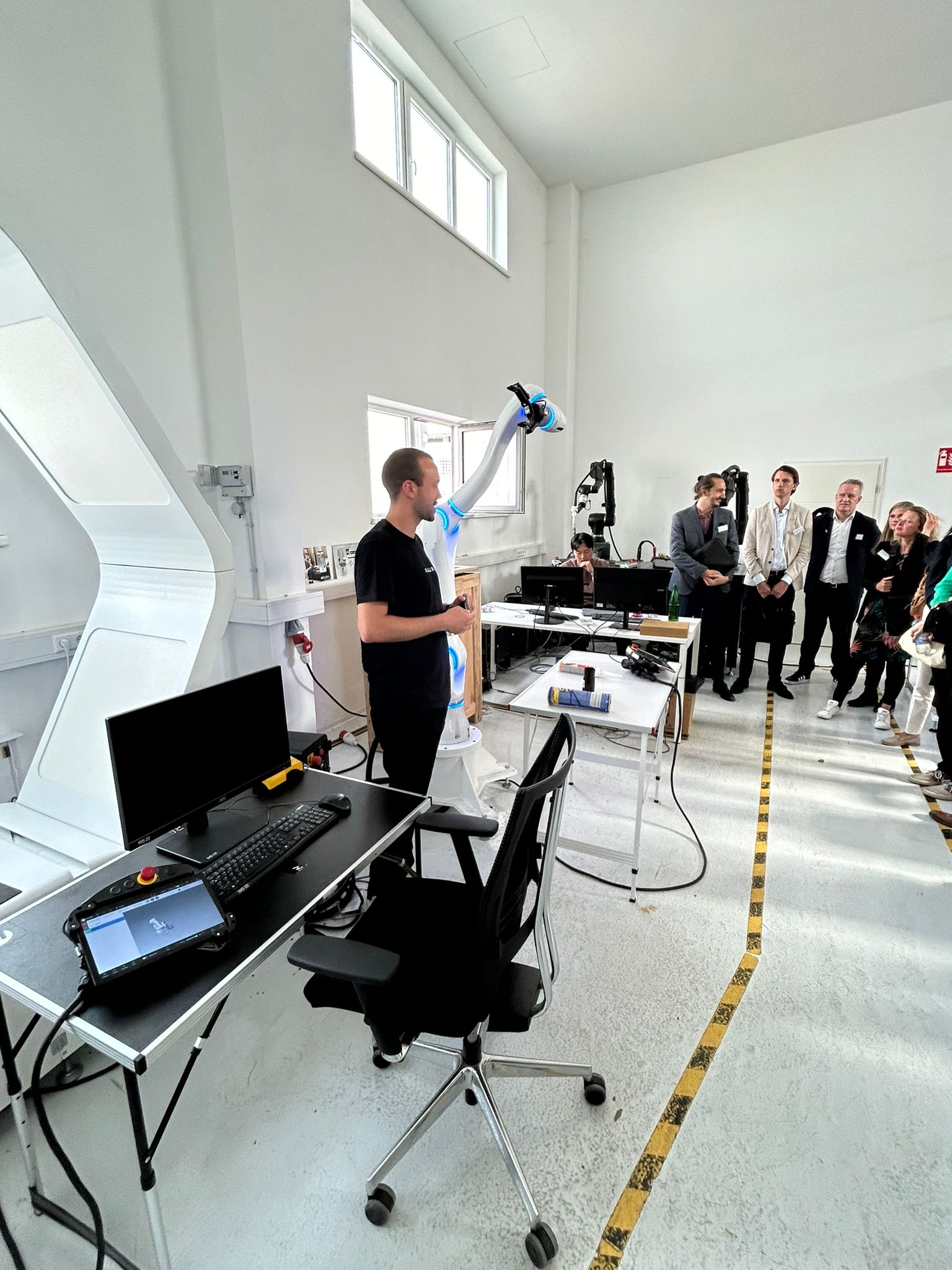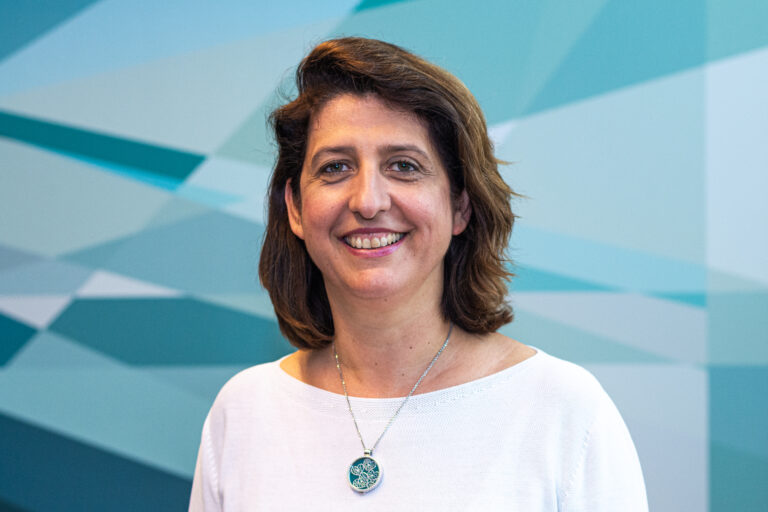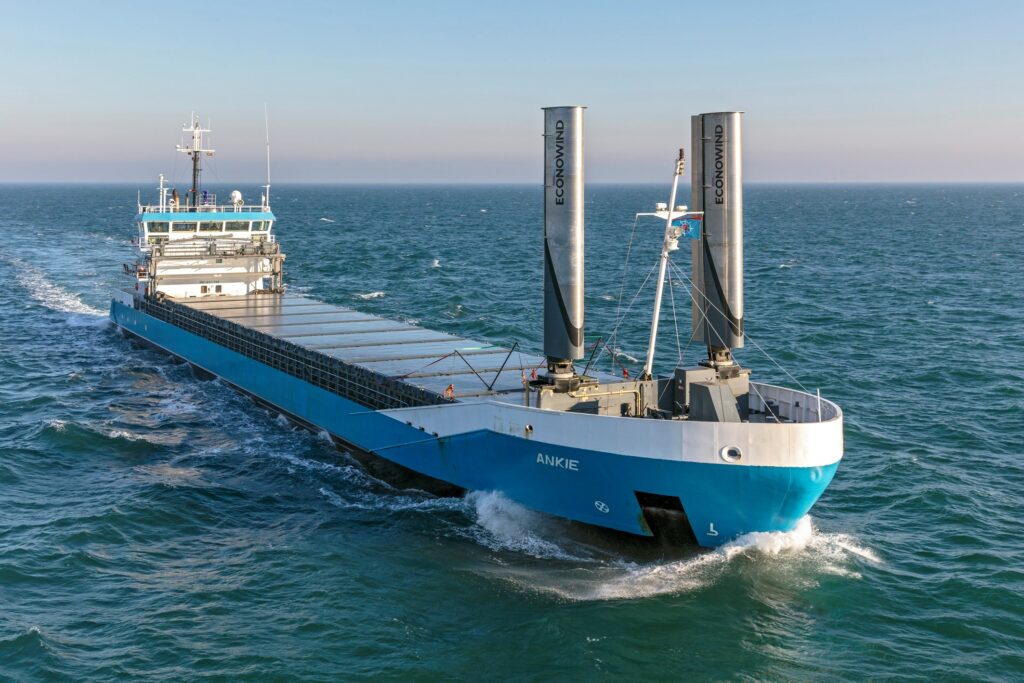What social challenges in AI are being worked on?
The ELSA Lab fits in seamlessly with the UN’s first Sustainable Development Goal, to “End poverty in all its forms everywhere”. In the Netherlands, poverty seems to be a persistent social challenge. According to Statistics Netherlands, more than one million people in the Netherlands were living below what they term the ‘low-income threshold’ in 2019, including 251,000 children. From their living lab in Zuid-Limburg and its satellite organisations in the rest of the Netherlands, the solutions developed in this ELSA Lab will make a difference in the lives of a broad target group within the Dutch population: those who are either in a problematic situation or at risk of getting into one.
What types of solutions are offered to the end user?
The ELSA Lab develops socially responsible, data-driven solutions for tackling poverty, with public and stakeholder participation being integrated effectively into the design and approach. The targets for this ELSA Lab are anyone living in poverty or at risk of falling into poverty, anyone with debts that are problematic or at risk of becoming so, anyone who is struggling to make ends meet or who is at risk of losing their grip on their own financial health.
The ELSA Lab’s ultimate goal is to develop methods based on data science and AI that minimise or even eliminate the first two of those target groups through prevention at an early stage. Examples of tangible results of this ELSA Lab projects include:
- An ELSA analysis containing substantiated answers to the questions posed.
- A framework for involving members of the public in AI innovations.
- A framework and infrastructure for sharing data between the various participants while respecting fundamental values and rights.
- Innovations that help the general public make the right decisions by providing tailored advice at the right time.
- New ideas that will help policymakers and administrators create better policies by improving their feel for the situations people are in.
- Innovation pathways that are derived from fundamental research into solutions as implemented.
- Proposed adjustments to legislation aimed at improving implementation and customisation.
What AI methods or techniques are used in the research?
The following overview illustrates the tools available to the ELSA Lab:
- Value-Sensitive Design (VSD) as a way of ensuring that human values are considered.
- Intervention Mapping for systematically identifying problems and applying theory and evidence to define the route to a solution.
- Social Labs as an inclusive methodology for studying and achieving change in practice.
- Ethical Impact Assessments (EIA) as a way of achieving ethically responsible solutions, e.g. including tools such as the ‘responsible innovation toolbox’ from the Ministry of Foreign Affairs.
- Non-discrimination by design, as developed by TIL.
- Legal Design for ensuring that the AI solutions people come up with are human-centric.
- Human Data Interaction for ensuring that people can be included appropriately (e.g. financial literacy at the individual level, for supporting policy, at the municipal or provincial level, multidisciplinary accessibility, ethical aspects).
- Both laboratory and field experiments for investigating the effect of AI interventions on the attitudes and behaviour of policymakers.
Many of these methods fit in seamlessly with an approach using Responsible Research Innovation (RRI). The ELSA Lab will use its background and its knowledge of methodologies linked to RRI to make sure that all projects within the lab give their full attention to the thematic elements of RRI as well as social accountability by involving members of the public and stakeholders in the innovation process from its inception. The technological options are combined with social, ethical and legal aspects to let us generate tailor-made solutions for each target group.
Are we collaborating with other sectors?
Expertise from the quadruple helix covering all ELSA aspects is represented in the ELSA Lab. The initiative for the lab itself was taken by Maastricht University, the Dutch Open University, Zuyd Hogeschool, TNO, APG, PNA, Accenture, the Ministry of the Interior and Kingdom Relations, the Dutch Tax and Customs Administration, KamphuisGroep, DUO, Statistics Netherlands, Kredietbank Limburg, the National Police, Parkstad and the Municipality of Heerlen, with backing from AFM, BKR, ECP, Maatschappelijke Alliantie, NIBUD, Schuldenlab, NVB, Wijzer in geldzaken and Women Inc. Participation by members of the public is organised by a special public participation team from the ELSA Lab that looks at the best way of organising that aspect for the individual projects.
In addition to the parties mentioned above who are already affiliated, it is possible for parties from all four of the target groups mentioned earlier to join the ELSA Lab. The consortium is being coordinated from the Brightlands Smart Services Campus in Heerlen, which is also the linking element in the Netherlands AI Coalition’s Brightlands AI Hub.
What is the ultimate success this ELSA Lab can achieve?
Reducing poverty and debt, through innovations that are not only ethically and legally sound but also trusted by the public at large.
Awarded the NL AIC Label
 The Netherlands AI Coalition has developed the NL AIC Label to underline its vision for the development and application of AI in the Netherlands. An NL AIC Label formally recognises an activity that is in line with the aims and strategic goals of the NL AIC and/or the quality of that activity. NL AIC would like to congratulate the Poverty and Debt ELSA Lab .
The Netherlands AI Coalition has developed the NL AIC Label to underline its vision for the development and application of AI in the Netherlands. An NL AIC Label formally recognises an activity that is in line with the aims and strategic goals of the NL AIC and/or the quality of that activity. NL AIC would like to congratulate the Poverty and Debt ELSA Lab .
More information?
For more information about the Poverty and Debt ELSA Lab, please contact Pieter Custers. If you are interested in more information about Human-Centric AI and the ELSA concept, please go to this page.






